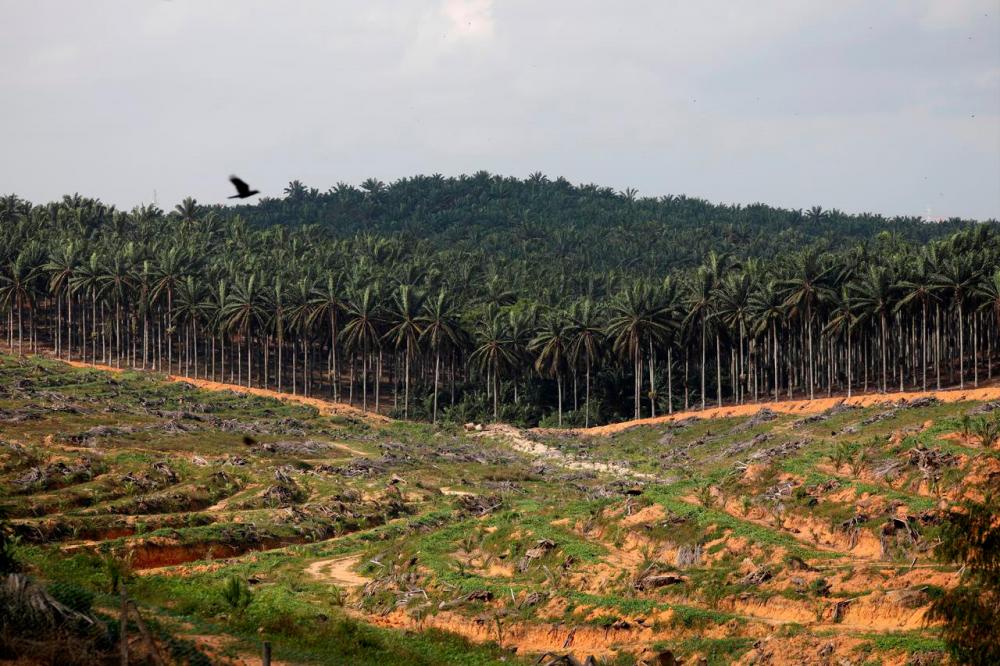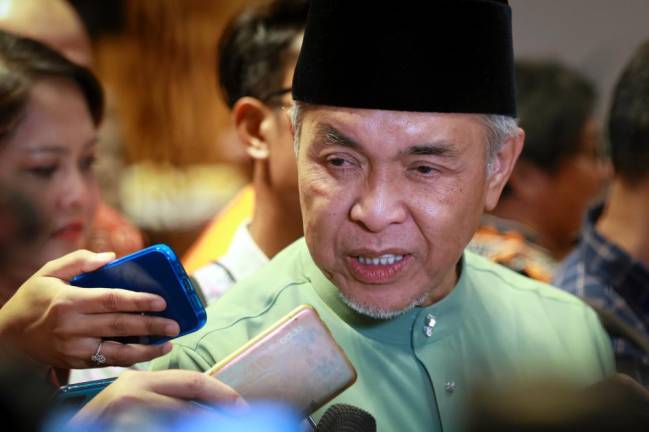KUALA LUMPUR: A recent news report on India wanting to reduce palm oil imports from Malaysia has stirred up a lot of anxiety and tension among industry players, especially smallholders.
This is to be expected as India is Malaysia’s largest importer or buyer of palm oil.
Public Investment Bank, in its note, said India has been the country’s biggest palm oil buyer since 2014 (replacing China) and for the first nine months of 2019, the south Asian nation made up 28% of Malaysia’s total palm oil exports.
“This year, Malaysian palm oil saw a significant rise in Indian market share, up from 28.7% to 57.8%, thanks to the preferential import duty on Malaysian refined palm oil for the first nine months,” the research note said.
According to the Ministry of Primary Industries (MPI), last year India emerged as the country’s third largest export destination for palm oil and palm-oil based products worth RM6.84 billion.
Hence, even a small reduction in imports would have a significant effect on Malaysia’s inventory level and the economy as a whole.
For this reason, exporters and the Malaysian Palm Oil Board alike are waiting with bated breath as to whether there is any truth to the report.
To recap, the ban by the Indian government on palm oil from Malaysia was believed to be due to the latter’s allegation that India had “invaded and occupied” Jammu and Kashmir and advise for the Indian government to work with Pakistan to resolve the issue during the United Nations General Assembly last month.
A Reuters report, quoting unnamed sources, said the Indian government planned to retaliate by proposing to limit its palm oil imports and might place restrictions on other goods from Malaysia.
It is said to plan to substitute Malaysian palm oil with supplies of edible oils from countries like Indonesia, Argentina and Ukraine.
Meanwhile, Bernama reported on Tuesday that palm oil importers in India were themselves in the dark about the situation and they described it as speculation.
“The speculation is causing confusion,” Sandeep Bajoria, a former president of the Mumbai-based Solvent Extractors’ Association (SEA) said.
Meanwhile, the current SEA current president Atul Chaturvedi said he was clueless whether the Indian government would take measures to limit palm oil imports from Malaysia.
Back home, the Indian High Commission, when contacted by Bernama today, declined to comment.
Adding salt to the wound, an Indian daily said the country’s food ministry was firming up a proposal to increase integrated GST (IGST) on imported refined palm oil to 12% to offset the impending cut in import duty on the commodity from January 2020.
Yesterday, the Malaysian government, through MPI, said that Malaysia was exploring the possibility of sourcing raw sugar from India starting next year as a way to enhance bilateral relations.
Additionally, Malaysia is also looking into the prospect of importing more buffalo meat from India to meet the increasing local demand, MPI minister Teresa Kok Suh Sim said. — Bernama










